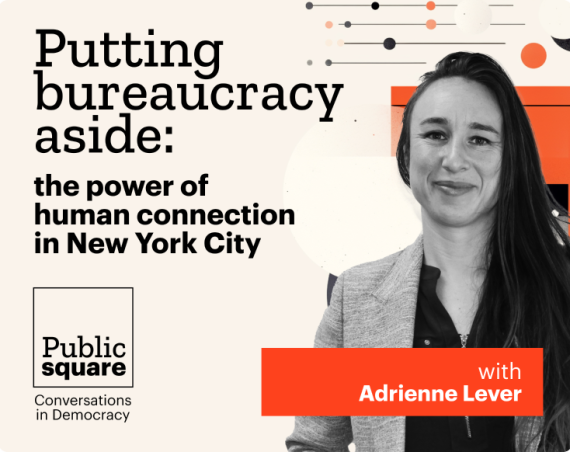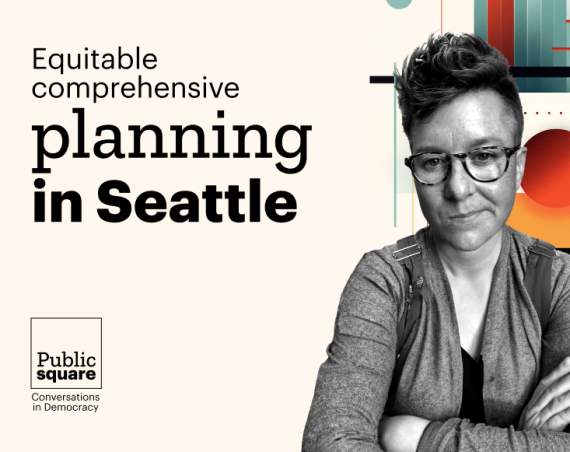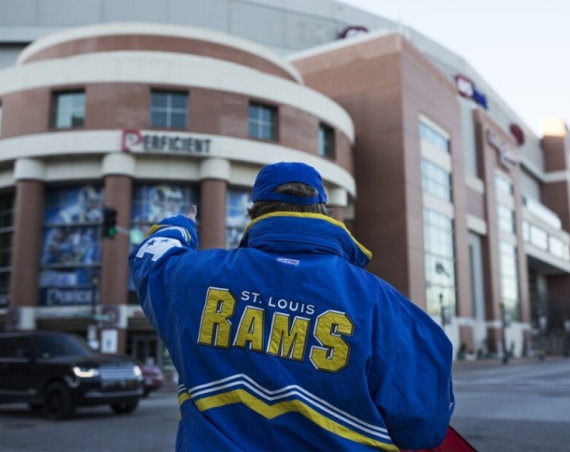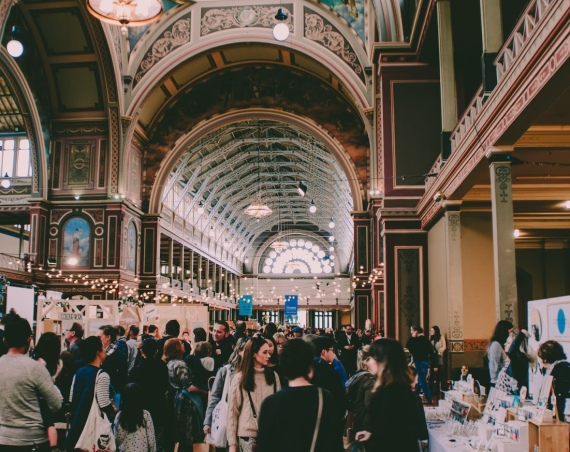The secrets behind the platform’s success: trust, transparency, longevity.
The French commune of Rueil-Malmaison (78,152 inhabitants), in the west suburbs of Paris, launched its participation platform in 2018 to give citizens a voice in the decision-making process. Two years in, the platform has hosted a large variety of participatory projects, from an open idea box to a quiz. The platform has become more than a decision-making tool and is now being used by residents to connect with their community despite social distancing. What’s made the online engagement platform so successful?
The participatory budget in 2019
Rueil kicked off its digital engagement platform with a wide-scale participatory budget. In 2019, citizens had one and a half months to submit innovative projects for the city. In addition to collecting ideas through the platform, the municipality also installed physical ballot boxes at the town Hall, therefore ensuring true inclusivity for participants with limited access to digital tools. All citizens older than 16 could participate, as long as they could prove their residence in Rueil-Malmaison.
The local council set three clear criteria for the projects:
- The project should serve the general interest.
- The idea should fit one of the seven identified policy areas: planning of public spaces, citizenship, social or digital innovation, solidarity, hobbies, cleanliness.
- Although the total available budget was €200,000, each idea on its could have a maximum budget of €40,000.
Before the ideas were added to the platform the municipality checked compliance with these three criteria. A team of relevant municipal experts also looked into the technical, legal and financial aspect of every suggested project.
After this initial selection round by Rueil-Malmaison, the community had two weeks to vote for their favourite ideas: after each citizen had fulfilled the e-identification, they could vote for three projects, according to a preferential system (the first choice gets three points, the second choice two points, and the third choice one point). The projects with the most points would get implemented, potentially in cooperation with the initiator of the idea.
The communication campaign was supported by a series of visuals used in emails, posters and on the platform, helping create a clear and impactful message which increased the awareness of the platform.
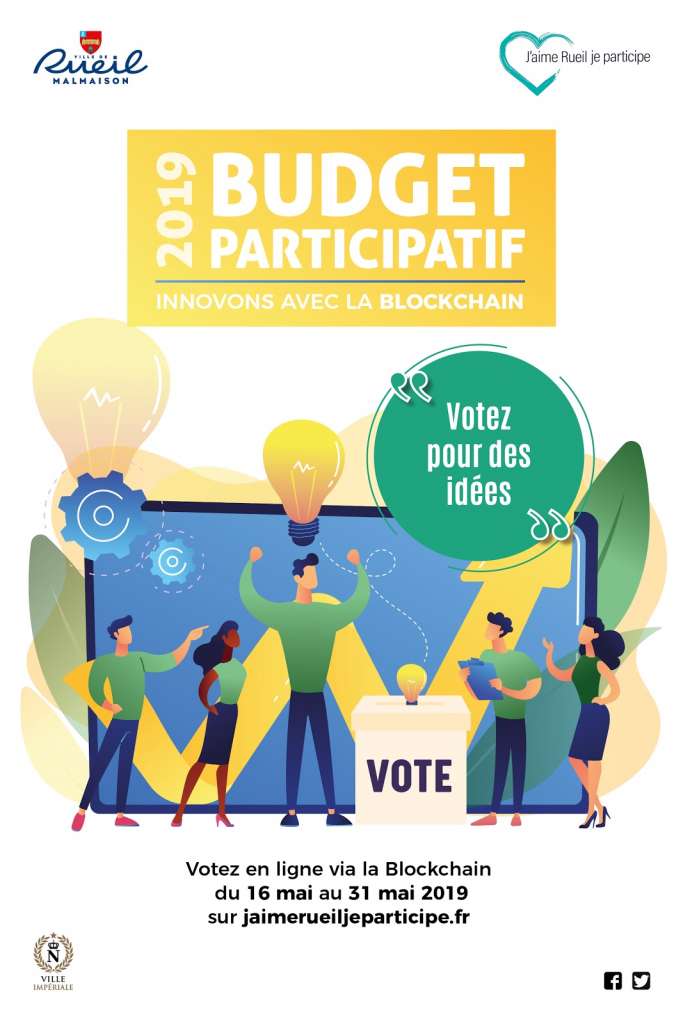
The participatory budget was a great success – over 30,000 visits were registered on the platform, and 156 ideas made it past the initial check by the city. 470 comments were shared and 2440 votes were cast.
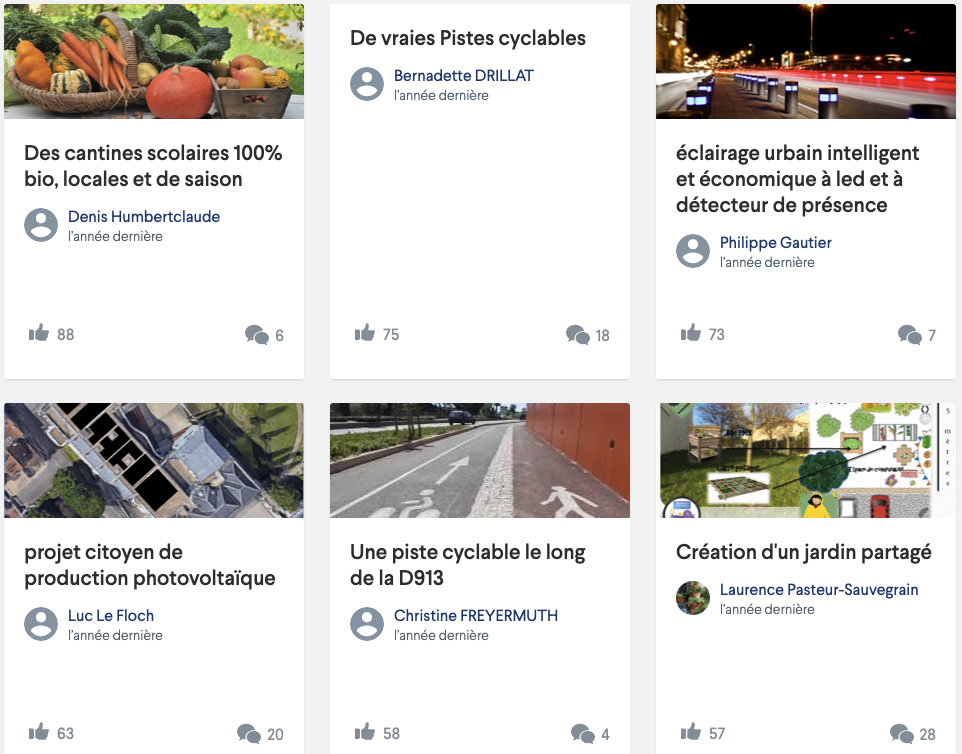
Following the vote, Rueil-Malmaison shared the 8 winning projects on the platform that will be implemented in the community:
- Installing smart urban LED lights with a presence detector;
- Creating new “freshness” zones in the city center
- Creating a shared family garden in the village of Rueil-sur-Seine;
- Installing collective compost points;
- Building a sports area with equipment on the Esplanade Bellerive;
- Dedicate spaces for street art;
- Install sorting bins in schools;
- Teach road safety in local schools
The strength of the project doesn’t only lie in big numbers: throughout the project Rueil communicated very clearly about expectations and next steps, engaging the users over several months. Although the project is now over a year old, the ideas, comments and city updates are all still viewable on the platform. Regular communications and public updates about the project have helped the city create a bond of trust with citizens, which has been instrumental in the platform’s later successes.
Co-creating online civic spaces
After the spring of 2019, regular new projects helped maintain regular activity on the platform and supported the steady increase of new users. Then, in March 2020, as the country ground to a halt and most of the city’s projects were put on pause, registrations spiked.
As France went into strict lockdown, Rueil-Malmaison made it a priority to maintain a dialogue with citizens. The city used the platform to share information with inhabitants, to coordinate local volunteering efforts but also to organize online community events.
Local businesses shared information about online deliveries and opening hours; citizens shared ideas about child activities during lockdown; and volunteers organized online events like e-sport tournaments and an egg hunt for inhabitants, where chocolate was delivered to participants. The platform went beyond its usual role as a consultation tool to serve as an online civic space, keeping community members connected and creating a true sense of mutual support.
Between March 17 and June 11, the platform recorded more than 43,000 sessions, an increase of more than 30% compared to the previous period. These visits to the platform also had a very tangible effect: the city received close to 30 000 masks, made by the 285 volunteer seamstresses who registered through the platform. Over 6 000 food baskets were delivered to families in need, and 353 isolated and at risk inhabitants got their groceries delivered by volunteers. Close to 2 700 inhabitants took part on the online events organised on the platform.
The success of the platform during lockdown is largely due to the previous efforts made by the city to build trust on the platform and to create lasting dialogue with citizens. The Rueil example shows how a digital tool can go beyond its initial consultation purpose and connect communities in times of need. The momentum that started on the platform hasn’t stopped: since lockdown has eased, new projects have been launched to clean up the surrounding woods, and hundreds of citizens have already signed up. The city is now looking to grow the team responsible for the platform.
If you want to know more about our case studies, don’t hesitate to get in touch. CitizenLab works with over 200 cities and governments across the world to promote community engagement on a local level. Our team will help you set up your next project and provide tailored advice every step of the way.


